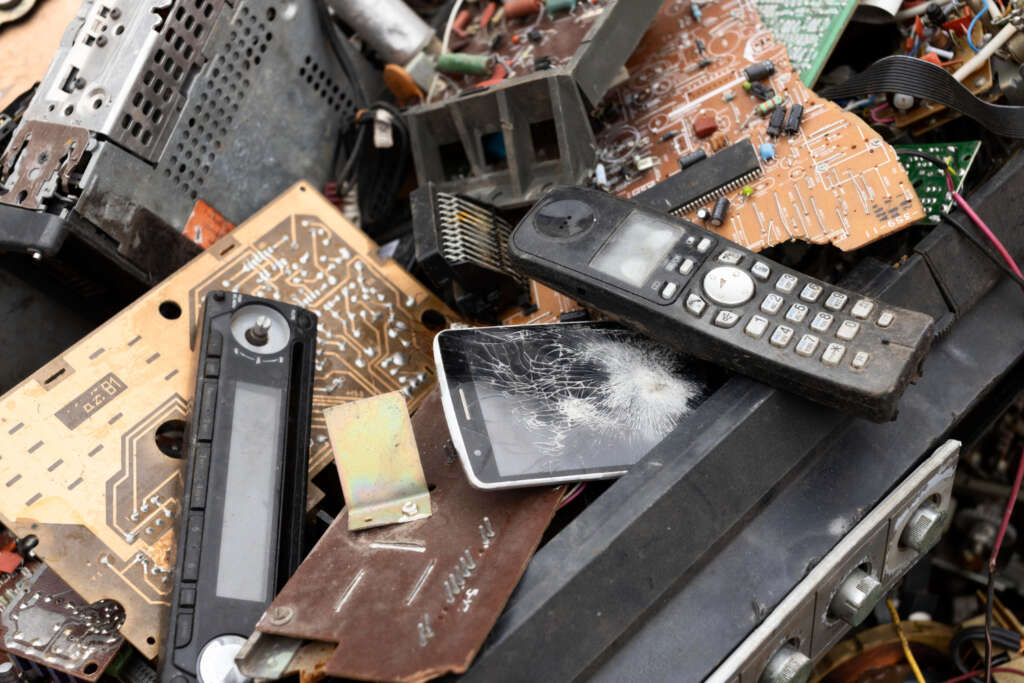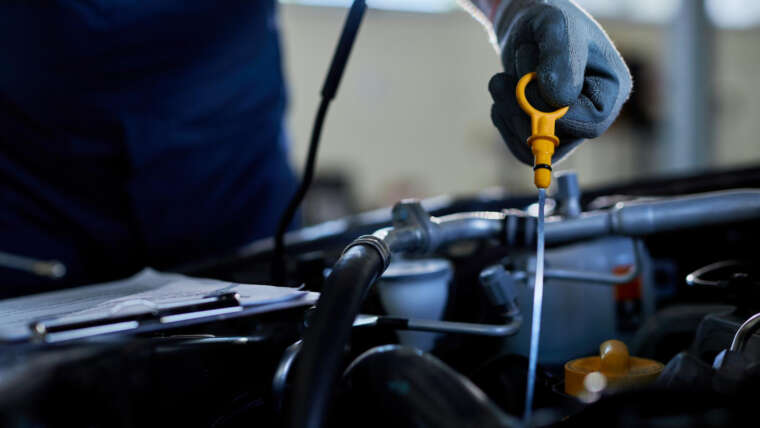
The old video recorder lying in a closet and the not-so-new iPhone in your drawer aren’t just trash—they contain valuable metals and hazardous substances that can pollute soil and groundwater or make people sick. Here are a few ways to ensure your electronics are recycled responsibly.
Back up any data and clear your devices before recycling them. Also, try to buy electronics from companies with Extended Producer Responsibility policies.
Table of Contents
Look for the E-Steward Label
When consumers throw away electronics, they can leave behind many toxic chemicals. This can include lead, mercury, cadmium, and brominated flame retardants. When dumped in landfills, these materials leach into soil and water. This contamination affects plant life and human health. It also requires a lot of energy to extract and process these materials from the earth, creating greenhouse gas emissions.
Many manufacturers offer take-back programs for their products. They may provide a box or bag for customers to return their old equipment and offer a discount or reward. Alternatively, retailers like Best Buy, Staples, and Goodwill are also E-Steward certified and can take back electronic waste.
ProTek Recycling offers e-waste pickup services for businesses and will destroy data on all equipment during recycling. To prepare for your pickup or drop-off date, backup any important files and remove any memory cards. This will make recycling quicker, safer, and easier for you!
Talk to Local Electronics Stores
Under New York State law, businesses and homeowners are banned from throwing away their unwanted electronics in the trash. Electronic devices contain hazardous materials like lead, arsenic, and cadmium that can pollute the soil and water. This is why it’s important to support brands that have adopted Extended Producer Responsibility policies and seek out authorized recyclers or collection centers that follow environmentally responsible practices.
Many manufacturers also offer trade-in programs, where you can get money or gift cards for the old gadgets you want to dispose of. And for those items that need to be destroyed, a professional data destruction company can safely erase your personal or business information before disposing of them.
Repair should be your first step in reducing e-waste, especially for electronics you know can be fixed. Besides saving you money, setting up your device can be a great way to keep your skills sharp and learn to avoid wasting more materials.
Find a Recycler or Collection Site
There are several ways to find a recycler or collection site for your electronic waste. One of the most effective is to attend an electronics recycling day. These 1-day events are often hosted by local businesses, non-profits, and government agencies, allowing the public to drop off unwanted electronics for free.
This is an excellent opportunity to back up personal data from your equipment and physically shred hard drives, tapes, and cell phones to ensure that sensitive information is irrevocably destroyed before the recycler processes your items. Alternatively, you can purchase a serialized data destruction sticker through RTS or ProTek electronics recycling for an additional fee.
Another option is to check online listings for electronics recyclers in your area that offer pickup or delivery services for a small fee.
Keep It Clean
E-waste can’t be put in regular trash and requires special handling to prevent toxic materials from leaking into the environment. If left in landfills, discarded electronics leach into the soil and water, causing problems like cancer, respiratory ailments, bone damage, heart disease, and mental illness. It also pollutes the air and can release harmful substances when burned.
Many manufacturers, including Apple, IBM, and Xerox, have equipment trade-in programs where you can bring your old electronics in for a rebate or cash. They are also required to provide a safe way to recycle their equipment and are a good source of information about what facilities to use.
Some e-waste recyclers specialize in particular types of equipment and may be able to refurbish or reuse your unwanted devices. However, before dropping off a device, ensure it’s clean of sensitive data. A savvy snoop could steal your private files if you don’t wipe the hard drive.


